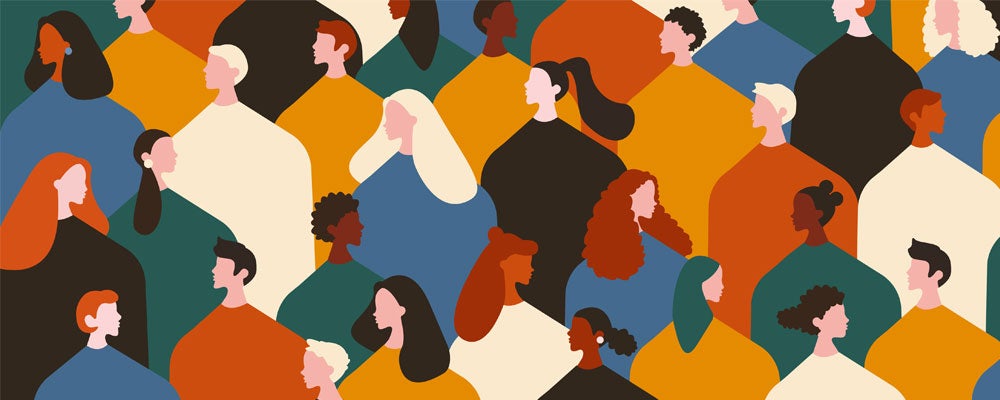Seen and heard

About
The Australian Human Rights Commission has been meeting with Arab, Jewish, Muslim and Palestinian communities in Australia to learn about their experiences of racism and discrimination following the most recent conflict in the Middle East. This is helping us to better understand how to support these communities and their safety. We are developing education resources and conducting community awareness raising about racism including to the broader community.
- Message from the Commissioner
-
1. Anti-Palestinian racism
Community insights and recommendations – February 2025
Initial consultations
The initial phase of the project began in early September 2024 and has involved meeting with peak bodies, representative organisations, community groups, and other stakeholders to understand the key issues affecting communities. Though some stakeholders told us that trust in the Commission had eroded in their respective communities, they were still willing to engage and share their views.
Consultations are ongoing and to date have included more than 100 meetings with 55 stakeholders and organisations from Arab, Jewish, Muslim and Palestinian communities, along with various independent organisations, academic research groups and government offices.
Consultations have highlighted the diversity in experiences, complexities of identity, and increases in racism and discrimination since October 2023. Participants have given us insights into their community’s experiences, key challenges, considerations and solutions.
Community experiences
Arab, Jewish, Muslim and Palestinian communities in Australia report complex and diverse identities often misunderstood in broader society.
Across all communities, experiences of antisemitism, Islamophobia, anti-Palestinian and anti-Israeli discrimination are common and reported to have increased significantly since October 2023.
Common incidents include verbal harassment, physical assault and property defacement and destruction. There were also reports of stereotyping and discrimination, with online hate speech and doxing the most common experiences. Many individuals report significant anxiety, stress and re-traumatisation because of the conflict.
A common characteristic of racist incidents is viewing or framing everyone within the same community or social groups as having the same underlying, inherent nature. This dehumanisation causes feelings of isolation, lack of belonging and fear for personal safety.
- 2. Antisemitism
- 3. Islamophobia
- 4. Anti-Arab racism
- 5. Media and political rhetoric
- 6. Institutional support and trust
-
1. Validation and open dialogue

Recommendations and ways forward
There were common suggestions raised around ways to support Arab, Jewish, Muslim and Palestinian communities facing increased racism.
- 2. Educational initiatives
- 3. Strengthening anti-racism policies and media accountability
Insights or feedback
Do you have suggestions, insights or feedback about Seen and Heard? Email us at seenandheard@humanrights.gov.au
Report and support
If you experience or witness any racist behaviour, get more information on the steps you can take to protect yourself or others and seek support.

